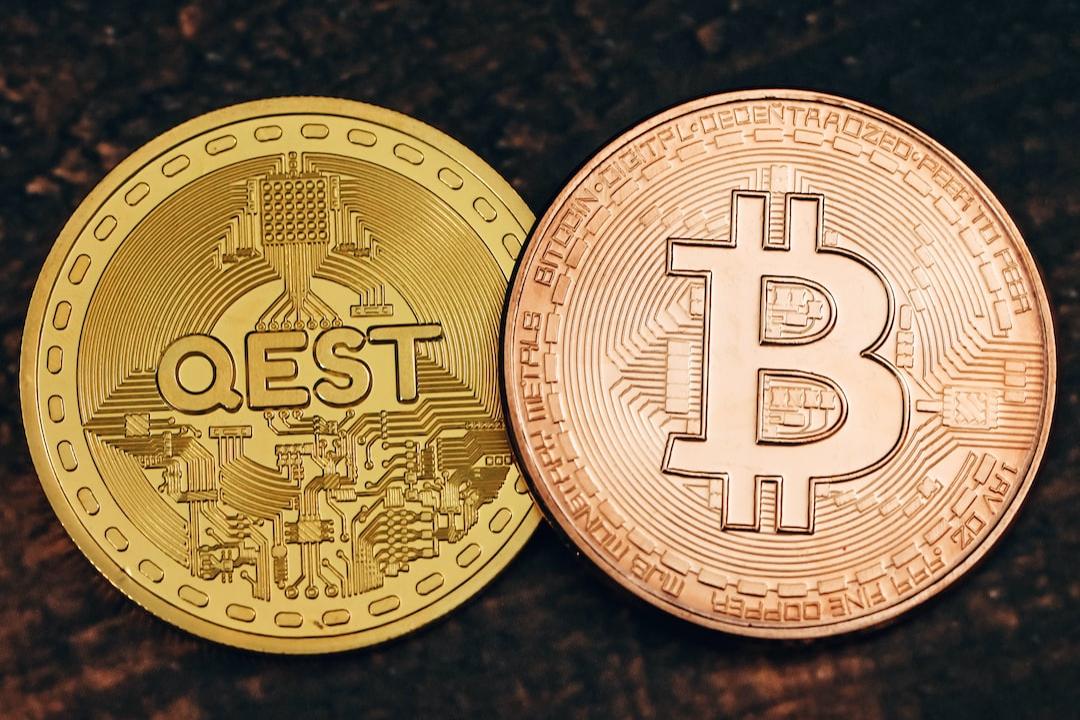Ripple’s Chief Technology Officer (CTO), David Schwartz, indirectly expressed support for Consensys Software Inc. during a legal dispute. This comes after the U.S. Securities and Exchange Commission (SEC) filed a lawsuit against the company. The SEC accuses Consensys of operating as an unregistered broker-dealer.
The SEC’s Allegations
The SEC alleges that Consensys conducted unregistered securities offerings and sales through the MetaMask platform, specifically targeting the platform’s swapping and staking functionalities. The complaint was filed on Friday, X, accusing Consensys’ activities through MetaMask to constitute unregistered securities transactions. The SEC believes that MetaMask’s swapping and staking involve asset pools with expected profits primarily derived from the efforts of others, thus classifying these activities as securities transactions requiring registration.
Response
During the litigation, Ripple’s CTO, David Schwartz, posted a series of messages on Twitter defending Consensys. He objected to the argument that MetaMask’s services qualify as securities, as people expect to profit from Consensys’ efforts.
He also clarified that protocols providing management and transfer services do not constitute investment contracts if the sharing of profits is entirely outside the realm of the protocol and not the result of any party’s efforts. Schwartz stated that the profits generated by MetaMask’s services are the result of external market conditions and user activity, not Consensys’ efforts.
Read More:

Regulatory Pressure Suppresses ICO Projects, Potentially Bad News for the Cryptocurrency Space
Schwartz also commented on the ongoing debate over tokens and securities, stating:
“If everyone who owns an asset takes action, it’s a common enterprise, and everything is a security. Tokens managed through smart contracts can’t make all holders a common enterprise.”
With District Judge Amy Berman Jackson agreeing with Judge Torres’ stance on procedural and secondary sales, the regulatory environment has seen further development.
XRP
. In the Binance vs. SEC case, Judge Jackson dismissed the SEC’s allegations regarding secondary sales.
BNB
conducted by non-Binance entities. This ruling sets an important precedent for ongoing cryptocurrency-related litigation in the United States.
Companies such as Coinbase, Consensys, and Kraken are expected to leverage this decision to strengthen their positions in their respective lawsuits. With this ruling, SEC lawyers can no longer argue that Judge Torres’ views on secondary sales lack judicial support or acceptance, potentially impacting the future regulatory environment of cryptocurrencies in the United States.




